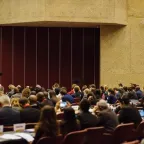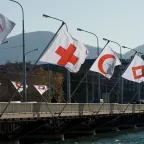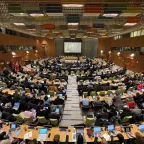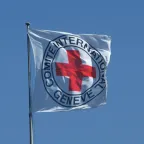We must not only remember the past but learn from it and take urgent action to prevent the unspeakable from happening again
… of the Treaty on the Non-Proliferation of Nuclear Weapons, New York, 1 May 2025 Chair, … for the prohibition and elimination of nuclear weapons since 1945, when we witnessed …









